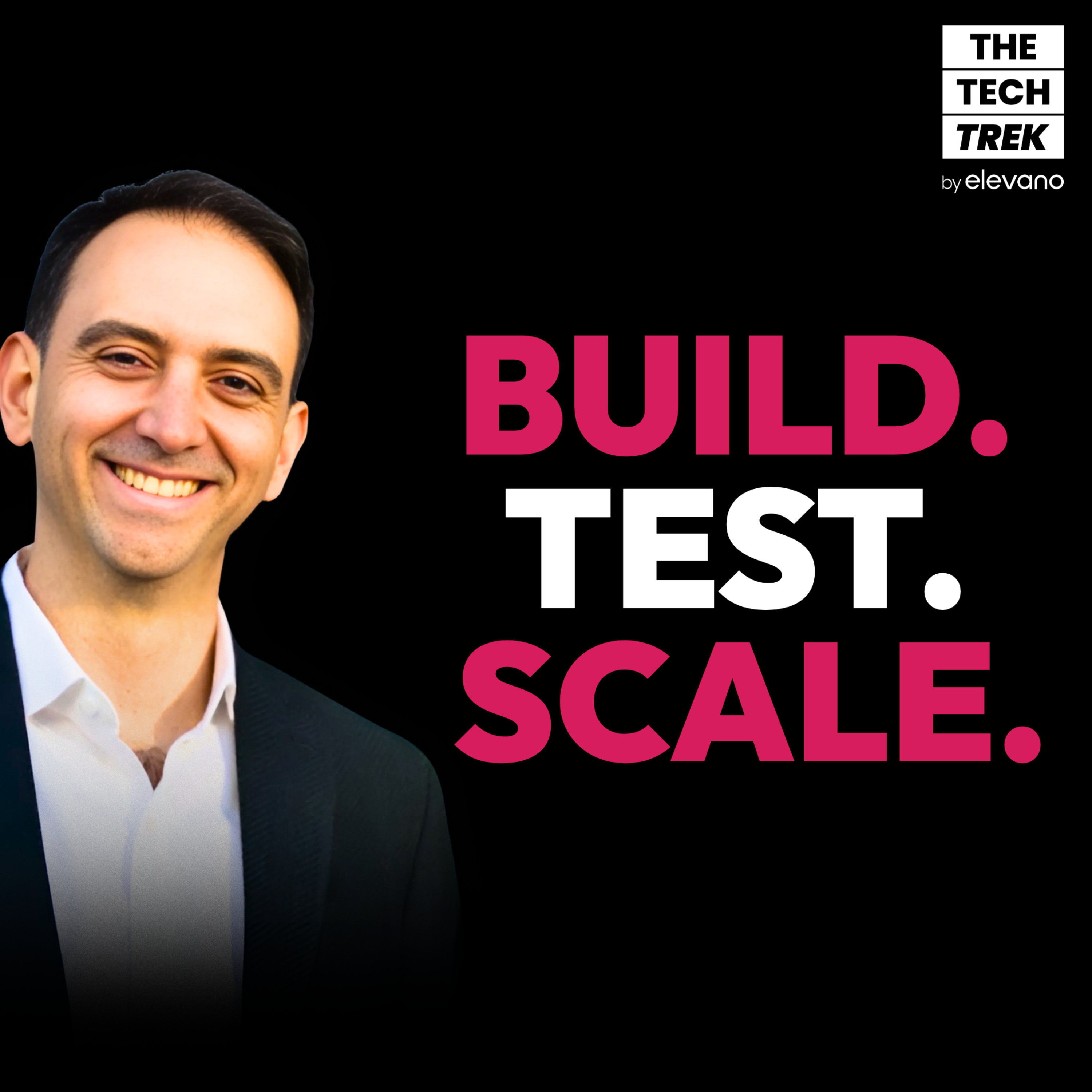Episode Description
Alex Salazar, co-founder and CEO of Arcade.dev, joins the show to unpack the realities of building enterprise agents. Conceptually simple but technically hard, agents are reshaping how companies think about workflow automation, security, and human-in-the-loop design. Alex shares why moving from proof-of-concept to production is so challenging, what playbooks actually work, and how enterprises can avoid wasting time and money as this technology accelerates faster than any previous wave.
Key Takeaways
Enterprise agents aren’t chatbots—they’re workflow systems that can take secure, authorized actions.
The real challenge isn’t just building demos but getting to production-grade consistency and accuracy.
Mid-market companies face the steepest climb: limited budgets, limited ML expertise, but the same competitive pressure.
Success starts with finding low-risk, high-impact opportunities and narrowing scope as much as possible.
Authorization is the biggest blocker today; delegated OAuth models are key to unlocking real agent functionality.
Timestamped Highlights
02:02 — Why agents are “just advanced workflow software” but harder to trust than traditional apps
04:53 — The gap between glorified chatbots and real enterprise agents that take action
09:58 — From cloud mistrust to wire transfers: how comfort with automation evolves
14:00 — Chaos at every tier: startups, enterprises, and why the mid-market struggles most
26:21 — The playbook: how to pick use cases, narrow scope, and carry pilots all the way to prod
34:38 — Breaking down agent authorization and why most RAG systems fail in practice
42:09 — Adoption at double speed: what makes this AI wave different from internet and cloud
A Thought That Stuck
“An agent isn’t an agent until it can take action. If all it does is talk, it’s just a chatbot.” — Alex Salazar
Call to Action
If this episode gave you a clearer lens on enterprise agents, share it with a colleague who needs to hear it. And don’t miss future conversations—follow The Tech Trek on Apple Podcasts, Spotify, or wherever you listen.
